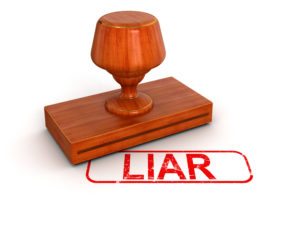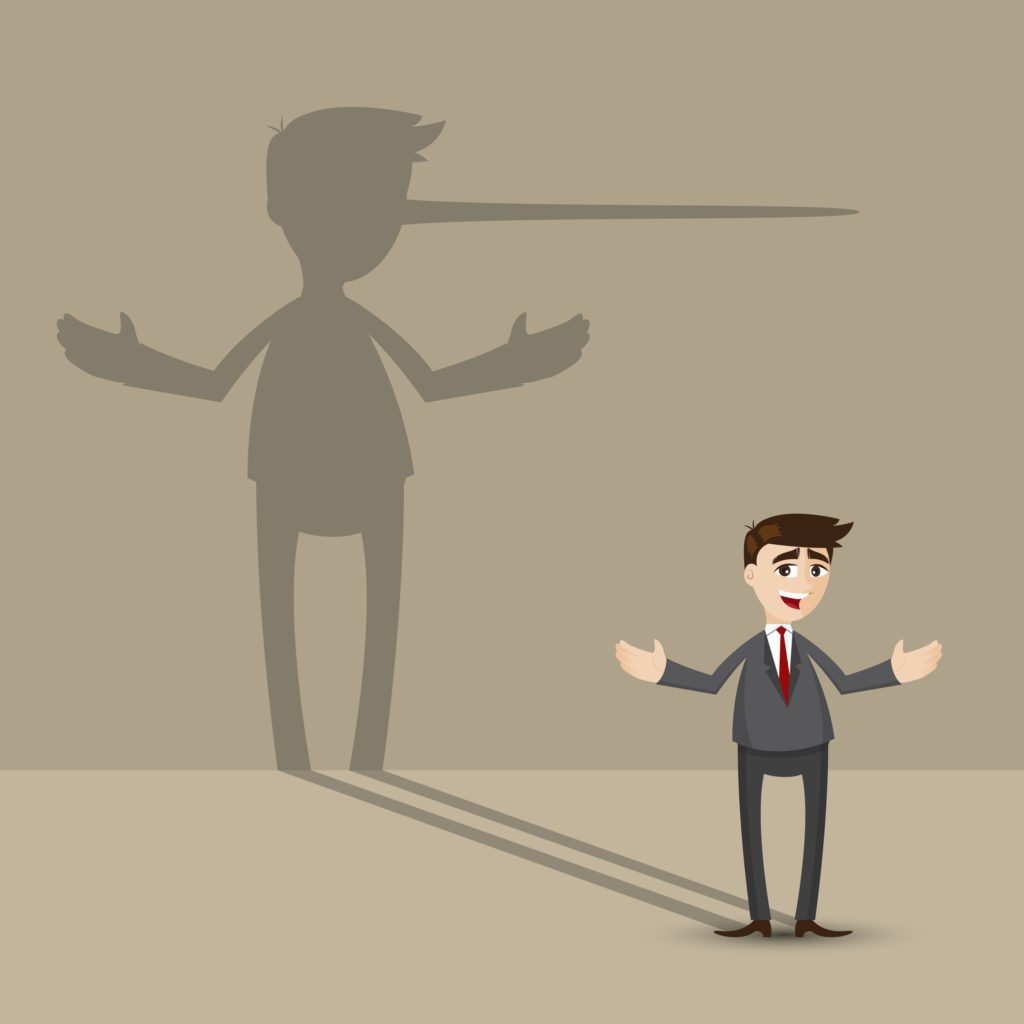An IP attorney continued his legal education the hard way. He falsely represented to the California Bar that he had completed the mandatory minimum of 25 hours of continuing legal education. In truth, he had completed zero hours of CLE. The result: a one-year suspension.
This matter involved California-based patent attorney Jens Edward Hoekendijk. In order to remain as an active member of the California State Bar, Mr. Hoekendijk was required to complete at least 25 hours of minimum continuing legal education (“MCLE”) during the period of February 1, 2009, through January 31, 2012 (the “compliance period”). Mr. Hoekendijk knowingly falsely reported to the California State Bar that he had timely completed all of his MCLE during the compliance period. A subsequent audit revealed Mr. Hoekendijk’s misrepresentation.
California Discipline
The Supreme Court of California alleged, and Mr. Hoekendijk agreed, that his false report to the State Bar was an act involving moral turpitude, dishonesty, and corruption, in willful violation of California ethics law. In re Jens Edward Hoekendijk, Case No. S217799 (Cal. June 26, 2014). In considering the appropriate sanction, the Supreme Court of California noted that such false statements normally warranted either disbarment or a suspension. The Court explained:
Respondent’s false statement to the State Bar regarding MCLE compliance is serious and constitutes an act of dishonesty directly relating to the practice of law. The California Supreme Court has stated that the MCLE program is “a consumer protection measure ’intended to enhance the competency of attorneys practicing law in this state.’” (Warden v. State Bar (1999) 21 Cal.4th 628~ 634 (quoting People v. Ngo (1996) 14 Cal.4th 30, 36).) The State Legislature established the MCLE program upon “find[ing] and declar[ing] that it is in the public interest to continue the mandatory continuing legal education requirements for attorneys licensed to practice law.” (1999 Cal. Stats. ch. 342, § 10.)
The Court further observed that California’s MCLE program operates on an honor system and that “[t]he State Bar relies on an attorney’s word when reporting MCLE compliance; therefore, truthful reporting is essential. When an attorney lies and takes advantage of the honor system, as Respondent did in this case, it undermines public confidence in the legal profession. Because Respondent’s misconduct is serious, is directly related to the practice of law, and undermines public confidence in the profession, actual suspension is appropriate.”
In mitigation, the Court noted Mr. Hoekendijk’s long period of practicing law (19 years) without discipline, the lack of actual harm to any client, the single act of misconduct, and his cooperation with the Bar’s investigation. The Court concluded that the appropriate sanction was a one-year suspension, with all but the first thirty (30) days of the suspension stayed.
USPTO Reciprocal Discipline
Mr. Hoekendijk, who has been a member of the USPTO patent bar since 1992, was required to report his suspension to the OED Director pursuant to 37 C.F.R. § 11.24(a).
Thereafter, the USPTO Director served Mr. Hoekendijk with a complaint for reciprocal discipline and order to show cause why he should not receive the same disciplinary sanction from the USPTO that he received in California. Mr. Hoekendijk did not contest the issue, and thereafter, in July 2015, the USPTO Director issued an order suspending him for one year.
Unlike in other jurisdictions where a suspended practitioner is automatically readmitted to the Bar after serving their period of suspension, in the USPTO, a suspended practitioner must apply for reinstatement. Thus, Mr. Hoekendijk was granted the right to file a petition for reinstatement after serving 30 days of his suspension. In re Jens Edward Hoekendijk, D2015-25 (USPTO Dir. July 24, 2015).
 Mr. Hoekendijk could have sought reinstatement as early as August 23, 2015. For reasons that are unclear, he failed to file a petition for reinstatement until October 7, 2015. Two months later, the OED Director issued an Order granting Mr. Hoekendijk’s petition and reinstating him to practice before the USPTO in patent, trademark, and non-patent matters. In re Jens Edward Hoekendijk, R20 (OED Dir. Jan. 7, 2016). Because of his delay in filing the reinstatement petition, coupled with the time it took for the OED Director to rule on that petition, Mr. Hoekendijk was actually suspended from the USPTO for 5 and ½ months—a far lengthier suspension than he received in California.
Mr. Hoekendijk could have sought reinstatement as early as August 23, 2015. For reasons that are unclear, he failed to file a petition for reinstatement until October 7, 2015. Two months later, the OED Director issued an Order granting Mr. Hoekendijk’s petition and reinstating him to practice before the USPTO in patent, trademark, and non-patent matters. In re Jens Edward Hoekendijk, R20 (OED Dir. Jan. 7, 2016). Because of his delay in filing the reinstatement petition, coupled with the time it took for the OED Director to rule on that petition, Mr. Hoekendijk was actually suspended from the USPTO for 5 and ½ months—a far lengthier suspension than he received in California.
Mr. Hoekendijk’s disciplinary case serves two valuable lessons for all practitioners.
First, never lie to the Bar. If you do and are caught, the ramifications can be severe.
Second, when possible, a suspended practitioner should not delay filing their petition for reinstatement. Also, note that USPTO petitions for reinstatement require quite a bit of documentation, and an incomplete reinstatement petition can result in an even longer suspension than what the practitioner may have bargained for. Timely filing accurate and complete reinstatement papers should expedite the process for a suspended practitioner to return to practice before the USPTO.

Pingback: USPTO Reciprocal Discipline Case Illustrates Flaw In Rules | IPethics & INsights